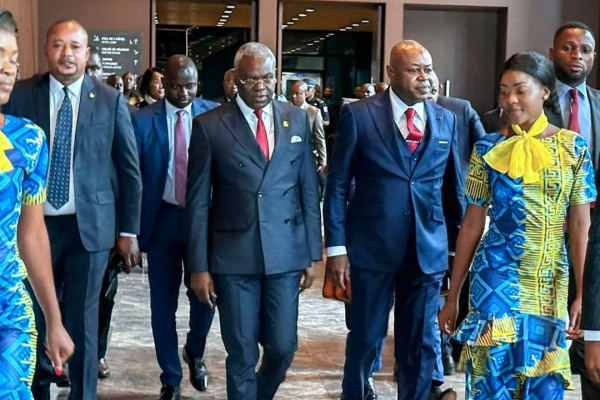The Congolese government has made digital technology a cornerstone of its socioeconomic development. To achieve its goals, the administration must ensure the security of the national cyberspace.
On Tuesday, October 15, the Congolese Ministry of Posts, Telecommunications, and Digital Economy launched a cybersecurity training seminar for judicial and law enforcement bodies. The initiative, supported by the United Nations Economic Commission for Africa (ECA) and the African Center for Artificial Intelligence Research (CARIA), will run until October 17.
“This training will enable our security and judiciary institutions to develop essential skills for combating cybercrime, including identifying cyberattacks, collecting digital evidence, analyzing data, tracking cybercriminals, and issuing sanctions,” stated Juste Désiré Mondelé, the Deputy Minister to the Minister of the Interior in charge of Decentralization and Local Development.
This initiative reflects the Congolese government’s commitment to anticipating threats amid the rise of cybercrime across Africa. According to the African Cybersecurity Market, the number of cyberattacks on the continent increased by 23% in the first half of 2023 compared to the same period in 2022. Strengthening the capabilities of judicial and law enforcement bodies is therefore “essential for improving operational competencies in this constantly evolving field.”
The 2024 edition of the Global Cybersecurity Index by the International Telecommunication Union (ITU) places Congo in the category of countries that have done the minimum in terms of cybersecurity, with a score of 27.61 out of 100. The country’s relative strengths lie in regulatory measures (14.12/20) and cooperation (8.87/20). However, it needs to make significant improvements, particularly in technical and organizational measures and capacity development. For the latter, the country scored 0 out of 20.
This training aims to ensure a safer cyberspace as the Congolese government positions digital technology as a cornerstone of its socio-economic development in the years to come.
Isaac K. Kassouwi



















